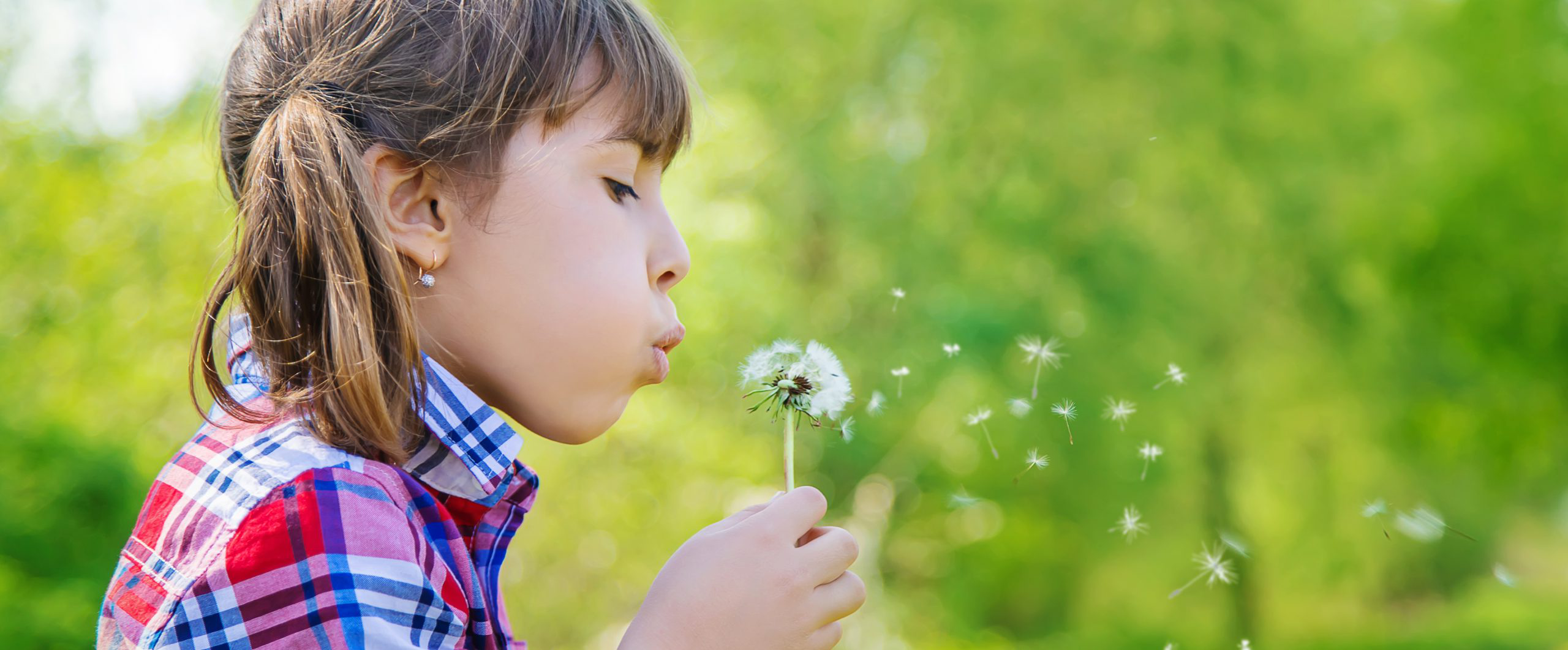
Our Programs
Curriculum
Curriculum Overview
A Montessori education provides active learning experiences in the following areas:
- Practical Life
- Sensorial
- Math
- Language
- Geography & Cultural
- Science
- Art, Music and Foreign Language
Practical Life
Practical life exercises the starting point of Montessori education. The child is introduced to very simple activities at first, such as how to carry a chair, how to roll a work mat, and how to wash his hands. Gradually the exercises become more complex. At each stage they must reflect the child’s interest and teach him new life skills.
Practical Life is as it implies – teaching children everyday life skills:
- Food preparation – peeling, washing, slicing, spreading, serving
- Dressing frames – buttons, zippers, clasps, shoe laces
- Cleaning, scrubbing, washing, polishing, sweeping
- Grace & courtesy
Sensorial
Sensorial materials serve as tools for development. Children build cognitive skills, and learn to order and classify impressions by touching, seeing, smelling, tasting, listening, and exploring the physical properties of their environment
Some of the materials children work with in Sensorial are:
- Red rods- teaching size and length discrimination
- Rough and smooth boards – to illustrate texture
- Color boxes – to learn basic colors and color gradation
- Knobbed and knobless cylinders – teaching discrimination of sizes
- Geometric solids – teaching names of several shapes
Math
The Montessori material for teaching the child concepts of number is true to the principles underlying all the Montessori materials. The child builds his knowledge on what he already knows, and systematic progress is made from the concrete towards abstract reasoning. This is particularly important for the effective acquisition of an understanding of mathematical concepts and developing problem-solving capabilities.
Math develops concepts, quantity and number recognition by using some of the following materials:
- Number rods
- Sandpaper numbers & objects for simple counting
- Birds eye view – how the decimal system works
- Addition & multiplication boards
Language
The Montessori environment is rich in oral language opportunities, allowing the child to experience conversations, stories and poetry. Reading is taught by the “phonetic” method. “Phonetic” means “by sound” and our whole system of teaching reading is based on teaching the child the sounds made by each letter of the alphabet. This is done first of all by the use of the sandpaper letters.
Language includes exploration of verbal and written language, learning the phonics and left to right progression by using some of the following materials:
- Sandpaper letters
- Moveable alphabet – sounding out words or sentences
- Name tracing
- Reading – phonetic, sight words
Geography & Cultural
Montessori continually emphasized the importance of presenting to the child a whole view of the world. She repeatedly stressed the inter-relatedness of everything in the natural world, and saw man’s role as the protector of the natural world in which he lives, as well as an integral part of it.
Cultural subjects, in Montessori terms, are the areas of knowledge which enrich the child’s understanding of all aspects of the world in which he lives. It is the responsibility of the Montessori teacher to facilitate the child’s absorption of knowledge in such a way that he acquires a truly global perspective.
We teach the children about our world by using some of the following materials:
- Sandpaper globe
- Parts of the world globes
- Puzzle maps
- Land and water forms
- Studying cultures
Science
Biology, Botany and Zoology are presented as extensions of the sensorial and language activities.
We teach children about various aspects of science, earth, nature and learning specific themes:
- Botany
- Study of animals
- Earth science
- Physical science
Art, Music, Foreign Language
The comprehensive art and music programs give children every opportunity to enjoy a variety of creative activities, as well as gain knowledge of the great masters including: Henri Matisse, Georgia O’Keefe, Pablo Picasso, Jackson Pollock, Piet Mondrian, Vincent Van Gogh and others.
Art: Instruction Specialist
- Add another dimension to our learning environment
- Promote creativity, individuality and self-discovery along with developing fine motor skills
- Enjoy the artful process as well as the finished product
- Develop basic skills that will enable children to express themselves freely
Music: Instruction Specialist
- Movement, keyboard music and singing
Foreign Language: Instruction Specialist
- Spanish is integrated within the classroom
